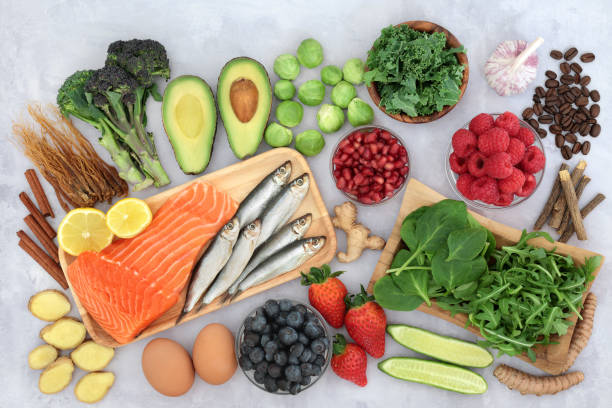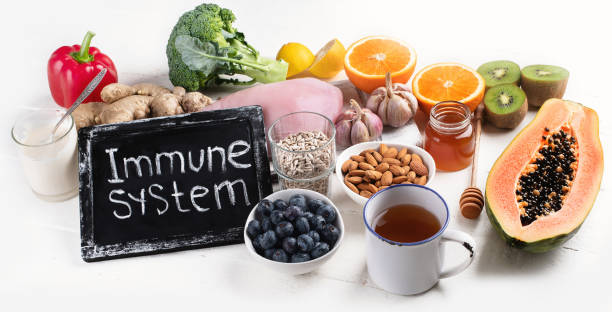- Get link
- X
- Other Apps
- Get link
- X
- Other Apps
Can Certain Foods Act as Natural Remedies or Prevent Diseases?
The concept of "food as medicine" has been recognized for centuries, with various cultures attributing healing properties to certain foods. In recent years, scientific research has delved into the potential of specific dietary choices to act as natural remedies and contribute to disease prevention. This article explores the role of foods in promoting health, preventing diseases, and serving as natural remedies for various conditions.
Anti-Inflammatory Foods
Chronic inflammation is linked to numerous health issues, including cardiovascular disease, diabetes, and certain cancers. Certain foods possess anti-inflammatory properties:
1. Fatty Fish and Omega-3 Fatty Acids
Fish rich in omega-3 fatty acids, such as salmon and mackerel, have anti-inflammatory effects. Omega-3s are also found in flaxseeds, chia seeds, and walnuts.
2. Colorful Fruits and Vegetables
The vibrant pigments in fruits and vegetables, such as berries and leafy greens, are associated with anti-inflammatory and antioxidant benefits.
3. Turmeric and Ginger
Spices like turmeric and ginger contain compounds with potent anti-inflammatory properties. Turmeric, in particular, contains curcumin, known for its therapeutic effects.
Heart-Healthy Foods
Certain foods contribute to heart health by supporting cardiovascular function and reducing the risk of heart diseases:
1. Oats and Soluble Fiber
Oats and other foods rich in soluble fiber, like beans and lentils, help lower cholesterol levels and support heart health.
2. Nuts and Seeds
Almonds, walnuts, and chia seeds are examples of foods rich in heart-healthy fats, fiber, and antioxidants, beneficial for cardiovascular well-being.
3. Leafy Greens and Potassium
Leafy greens, such as spinach and kale, are high in potassium, which plays a role in regulating blood pressure and supporting overall heart function.
Immune-Boosting Foods
Certain foods are known to enhance the immune system, aiding in the prevention of infections and illnesses:
1. Citrus Fruits and Vitamin C
Citrus fruits like oranges and grapefruits are rich in vitamin C, known for its immune-boosting properties.
2. Yogurt and Probiotics
Foods containing probiotics, such as yogurt and fermented vegetables, contribute to a healthy gut microbiome, which is linked to immune system function.
3. Garlic and Antimicrobial Properties
Garlic has been traditionally valued for its antimicrobial properties and potential to support the immune system.
Disease Prevention through Diet
Beyond specific conditions, adopting a nutrient-rich diet is associated with a reduced risk of various diseases:
- Cancer Prevention: Diets high in fruits, vegetables, and whole grains are linked to a lower risk of certain cancers.
- Diabetes Management: Choosing whole, unprocessed foods and managing carbohydrate intake can support blood sugar control and reduce the risk of type 2 diabetes.
- Bone Health: Calcium and vitamin D-rich foods, such as dairy products and leafy greens, contribute to strong bones and prevent conditions like osteoporosis.
Conclusion
While it's essential to approach the idea of food as medicine with a balanced perspective, there is substantial evidence supporting the role of specific foods in promoting health, preventing diseases, and acting as natural remedies. Incorporating a variety of nutrient-dense foods into a well-balanced diet can contribute to overall well-being and support the body's natural ability to heal and defend against illnesses.


Comments
Post a Comment